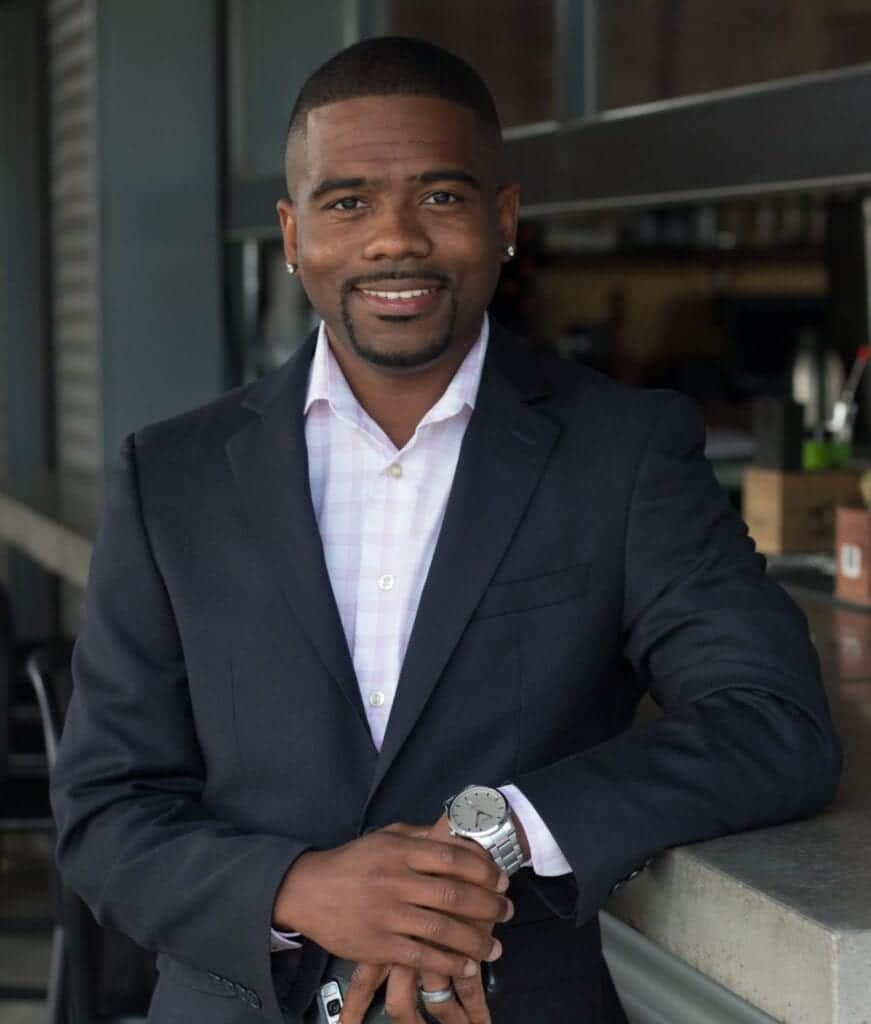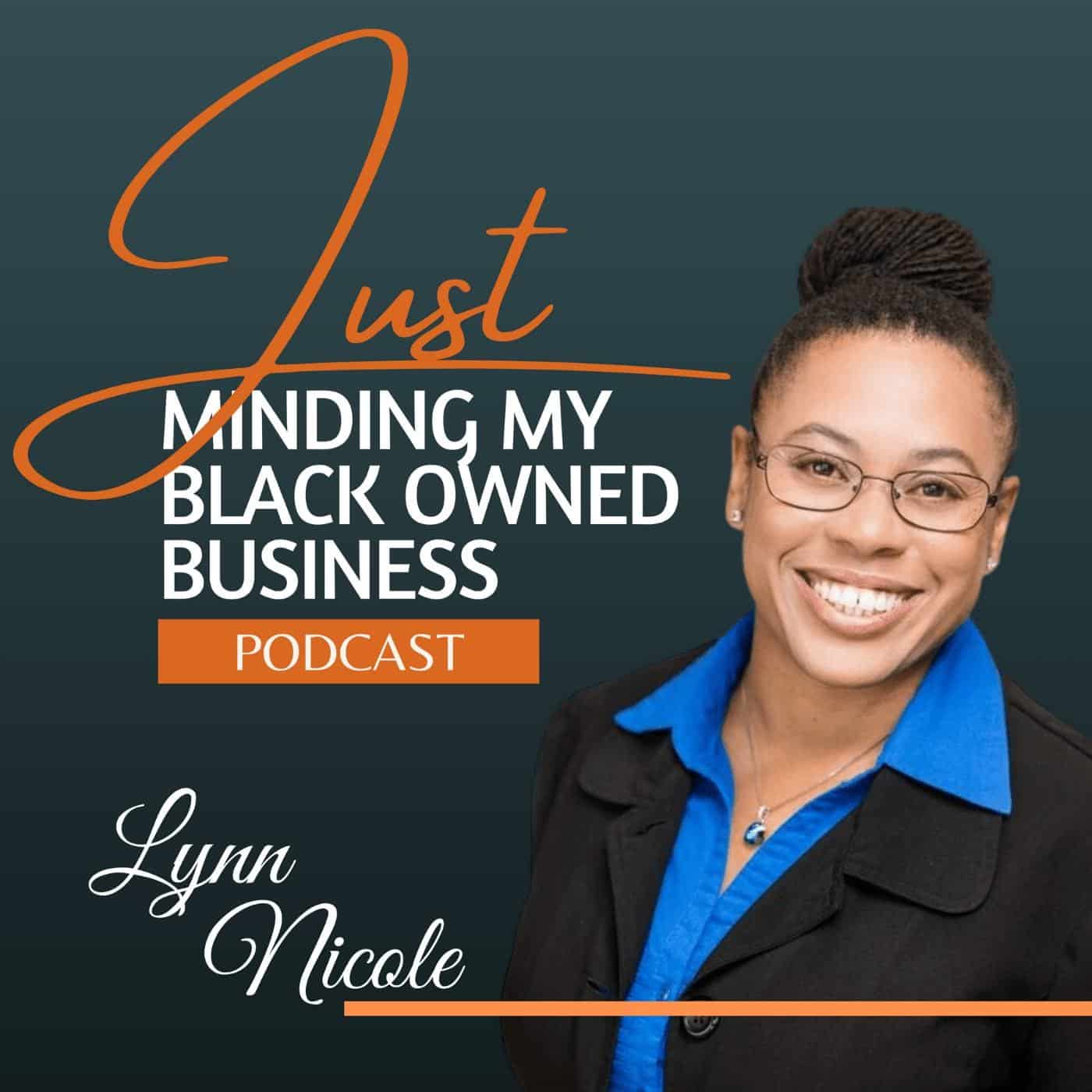Here’s a snapshot of a few things we talked about…
- Who is the Clark Kent, When it Comes to Nicholas Thompson? [00:02:05]
- What was His Childhood like Growing up in Boston? [00:02:51]
- How Did He Get Kidnapped in Morocco? [00:07:48]
- How was He Able to Keep His Composure During Such Distressing Times? [00:11:08]
- When Did His Journey from a Senior Editor to a CEO Unfold? [00:16:25]
- What Helped Him Successfully Land the CEO Position at The Atlantic? [00:19:33]
- How Difficult is it to Build a Media Company Now? [00:24:16]
- How Can the Bigger Media Brands Stay Relevant in the Changing Environment? [00:28:15]
- How Can Someone Share their Story and Write for The Atlantic? [00:31:35]
- How to Learn the Journalistic Style of The Atlantic? [00:34:06]
- One Thing He Wishes He Had Implemented Sooner to Accelerate His Journey? [00:39:33]
- Where to Find Nicholas Thompson? [01:08:48]
In This Episode, You’ll Learn:
In this episode, Casanova and Nicholas talk about all things journalism. He talks about growing up in Boston before moving to Stanford for college, his experience of getting fired from 60 Minutes, why he decided to visit Africa and ended up getting kidnapped, how writing about that incident helped start his career as a journalist, how he managed to keep his composure during turbulent times, how he transitioned from working as a Senior Editor to the CEO at The Atlantic, how his versatility and connections helped him land the CEO position, how Google and Facebook have changed the landscape for media companies, what the bigger brands will have to do to survive in the next six to ten years, and much more. Have a listen.
Key Quotes:
- “I had been hired because someone wanted to take a chance on somebody, they thought was smart and ambitious…”
- “So, I go out there, and on my first day, I get kidnapped by drug dealers in Morocco…”
- “I ended up writing a story about being kidnapped and then my time traveling through west Africa that ran in the Washington Post…”
- “I just stayed calm, partly because it seemed like the right thing to do, partly because I didn’t know what else to do…”
- Part of what getting knocked down so fast, … and it happened again in my twenties were doing well, and I get knocked flat. Like it makes you a little more resilient…
- “My dad used to say was he whom the gods wish to destroy, they first make promising…”
- “I was never like a lone wolf reporter who must be on assignment by himself, in Afghanistan, cut off from the world. That wasn’t me. I always liked being with people. I was always very social and enjoyed managing…”
- I’ve always got these side things going on. I’ve always got these projects going on, and so that does do two things. It does exactly the two things you mentioned, it makes you very versatile, and particularly in media…
- “Power in all institutions and all environments has gone from a center to the nodes. That’s what social media does…”
- “Technology has busted business model, the sort of relationship with readers the way our stories get around in all these complicated and interesting ways…”
- “No one who does mediocre work, no matter how good they are at understanding Facebook or Twitter will last seven to 10 years…”
- “I think one of the mistakes that some journalists make and some, even some executives is they’re like, oh, Google, it destroyed our business. I’m not going to worry about Google. I’m going to just do my thing. No, you gotta do your thing as well as you can, and you gotta learn every single possible thing…”
- The next 20, 30 years in my career, like I gotta, there’s not a day where I will be able to stop hustling cause as soon as I stop hustling, like some smart person can come and just do what I do and do it better.
- “If you focus on people you love who are doing really good work. It’s a great way to learn, and everybody you want to have your own individual voice, your own individual style…”
- “As a general principle, the philosophy I like is just keep trying as hard as you can be in the self-aware, as you can, and assume that you get opportunities and ideally you’ll make the most of them…”
Links/Resources:
- https://www.linkedin.com/in/nicholasxthompson
- https://twitter.com/nxthompson
- https://www.nickthompson.com/
Read The Transcript Here:
Help us out?
If you enjoy our podcast, please head over to Apple Podcasts and leave us a 5-star review. By doing so, you enable us to reach more people.







